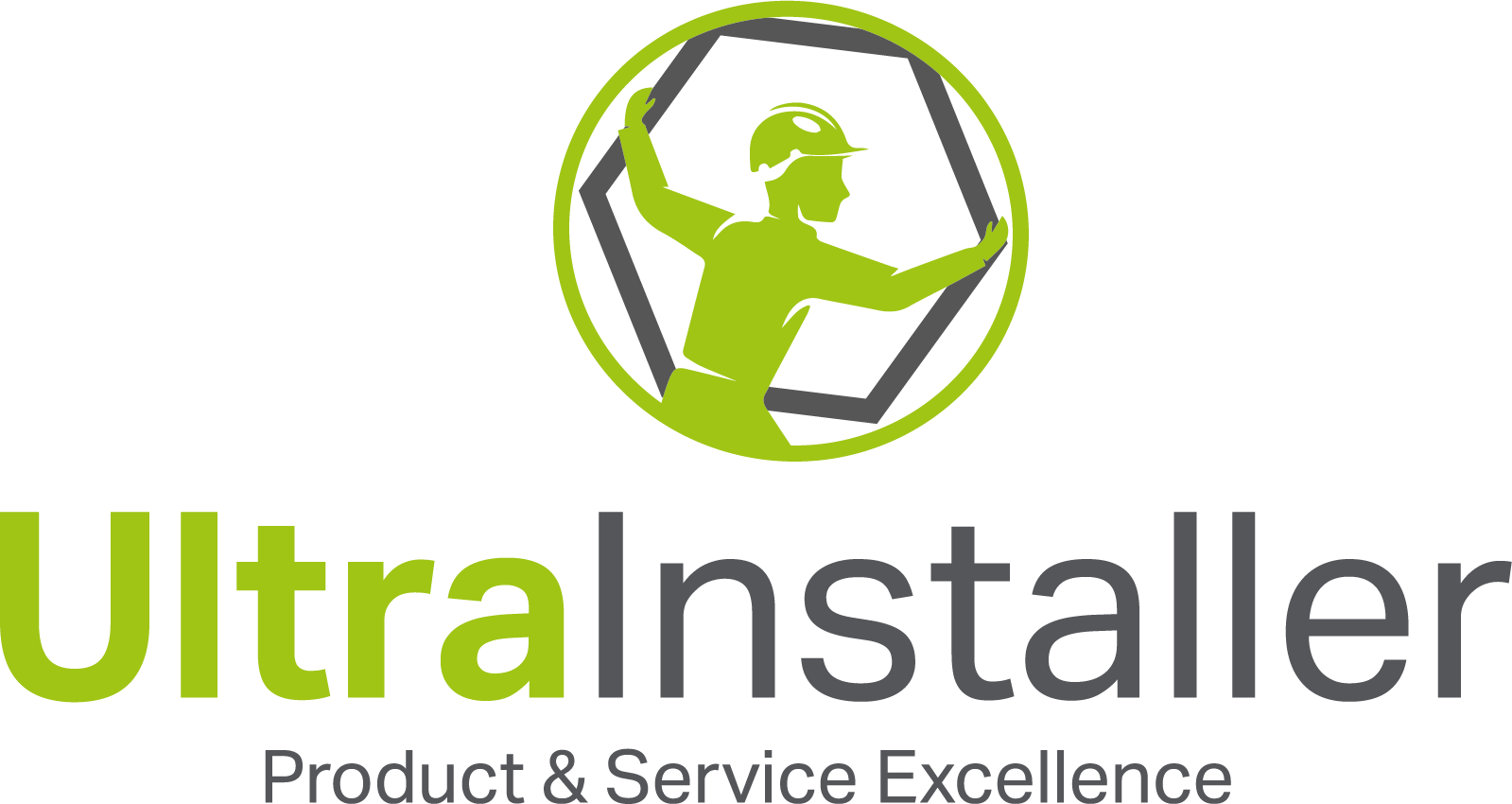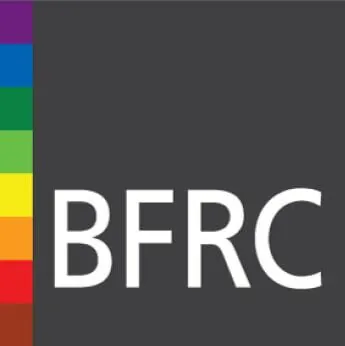
Top home hacks for leading a more sustainable life in 2020
We’re already beginning to see some of the negative effects that not living sustainably is having on the world around us. Climate change, the destruction of our natural environments and damage to wildlife are just a few of them.
However, it’s not too late to change our living habits and do more to preserve our world for future generations. So, if 2020 is the year where you live in a more sustainable way, read on for our top home hacks on how you can do just that:
Turn off those lights
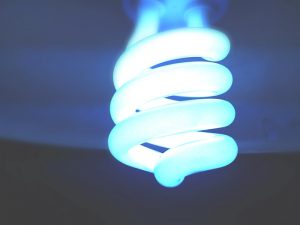
A study from Utility Design estimated that the UK wastes £14,950,000 and emits 37,440,000 kg of carbon dioxide per day from leaving the lights on. So, if you want to save yourself some money and the environment along with it, be sure to switch the lights off whenever you leave a room.
If you have any iridescent lightbulbs, be sure to swap these out for LED versions too.
Go paperless
Do you still receive bank statements, utility bills and other types of mail in paper form? If so, you should opt to receive them via email instead. Not only is this method better for the environment but having them in a secure online space makes them easier to access in the future when you need them.
Drink water from the tap
Arguably one of the most under-appreciated things about the UK is that all mains tap water in the UK is technically safe to drink. But, whilst it might not taste as good as bottled varieties, it’s far better for the environment.
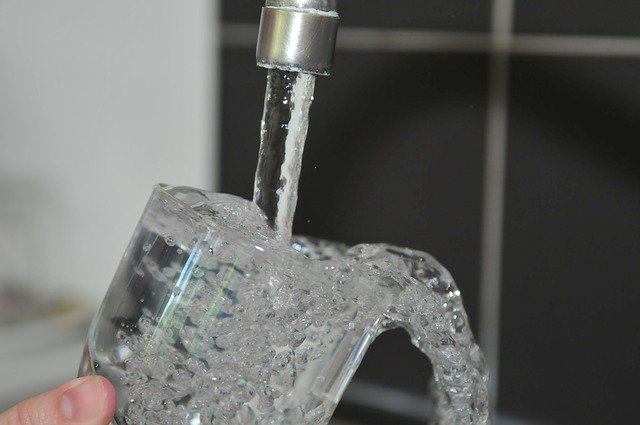
For example, if you drink two litres of bottled water per day, you generate 16.8kg of plastic waste per day, compared to 1.8kg if you switch to a Brita water-filtering jug. If you can afford to, you could even have a water filter installed in your kitchen sink.
Pass on the plastics
Building on the last point, any steps you can take to reduce your plastic usage at home will go a long way to improving sustainability. To do this, you might also:
- Use reusable shopping bags whenever you go shopping
- Avoid buying any plastic-packaged products
- Ditch any single-use plastics like straws, plastic knives and forks, and coffee cup lids
Replace any old windows and doors
Old windows and doors are major culprits of heat loss in the home. Not only does this mean that your home will feel less comfortable, but you’ll be more reliant on your heating system to stay warm. However, replacing them with energy-efficient alternatives will ensure your home will feel more comfortable and waste less energy.
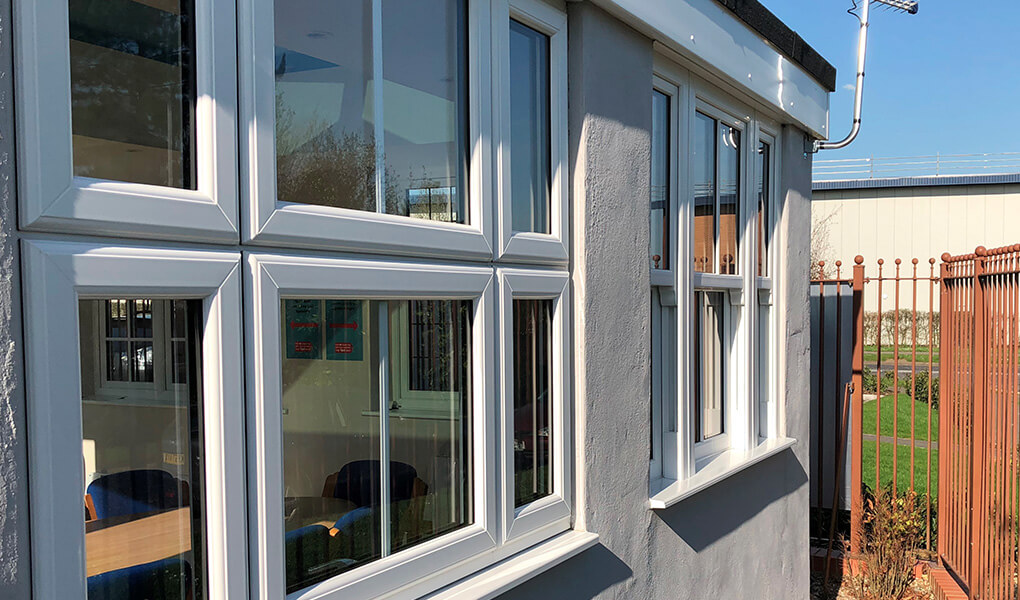
Here at T&K, we install a wide range of energy-efficient windows and doors that are built from uPVC with no single-use plastics. Our uPVC is not only a renewable building resource but you’ll find our uPVC windows and door frames are something we recycle too.
Be sure to buy Fairtrade goods
There are a huge range of Fairtrade goods out there; bananas, chocolate, coffee, rice, sugar and even items of clothing to name a few. The benefit of buying them is that they are produced via more environmentally friendly methods. Most importantly, though, they ensure the workers in developing countries who produce these goods have their rights protected and receive a better wage.
Spend less time in the shower
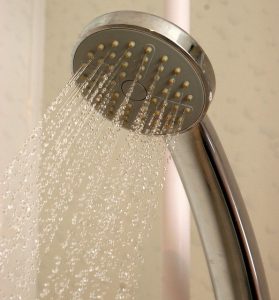
According to a 2013 report by The Guardian, daily showers account for 25% of the water used in UK homes. The average UK shower also lasts for seven and a half minutes. However, if this time were cut by a single minute, British households would save a collective £215 million on energy bills each year.
Water wastage has a significantly negative impact on the environment too; it makes less of it available to countries where it’s really needed; more water is available to species that also rely on it for survival; we’re less reliant on aquifers and other unsustainable water extraction practices to meet water demand. So, if you can speed up your shower routine, you can help the environment in many ways.
Clear out those chemical cleaners
Many chemical cleaners contain ammonia, nitrogen and phosphorus, which can find their way into our water supply when used around the home. These chemicals cause excessive nourishment of aquatic plant life, which can lead to a range of issues, such as:
- Thick vegetation that clogs waterways
- Speeding up the life cycle of many aquatic plants, causing them to die and deplete oxygen levels in the water
- Algae growth and aquatic wildlife being killed off
So, whenever you need to give your home a good clean, make sure you use green and organic cleaners and not harmful chemical ones.
Wash your clothes at 30°C
Over the course of a year, washing your clothes at 30°C instead of 40°C uses 40% less electricity and saves the average UK household £13 on their energy bill. Whilst this may not seem like a lot, you could save a further £5 on energy and £7 on water per year by using the washing machine just one less time a week.
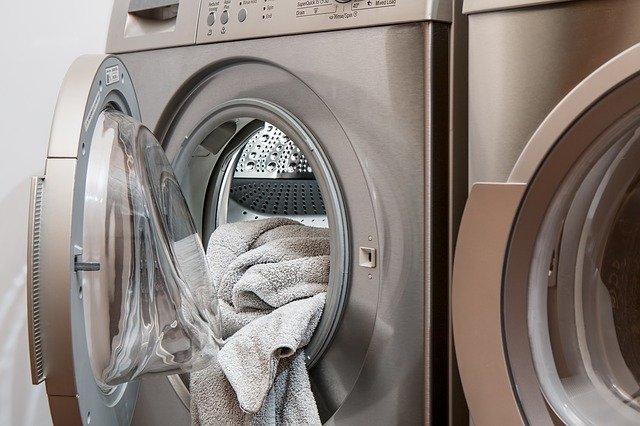
Reducing your electricity usage also consumes less of the earth’s natural resources and reduces carbon emissions, which are one of the leading causes of climate change.
Find more meat-free alternatives
Industrialised agriculture is one of the biggest consumers of our natural resources. It requires huge quantities of land, which leads to significant deforestation. The methane emissions from cows and fertiliser use are also one of the biggest contributors to climate change.
However, even by having one meat-free day a week, you can cut the consumption of resources to produce meat. Opting for sustainably raised and organic meats on the days you do eat it will help the environment too.
Turn your home into a sustainable living space with T&K Home Improvements
T&K is a leading home improvement specialist and installer of a wide range of energy-efficient windows, doors and conservatories, perfect for creating a more sustainable home in areas like Northampton, Oxford and beyond. For more information on our products & services, give us a call on 0800 622 716 or contact us online.
Related to this post: Home heating efficiency guide






